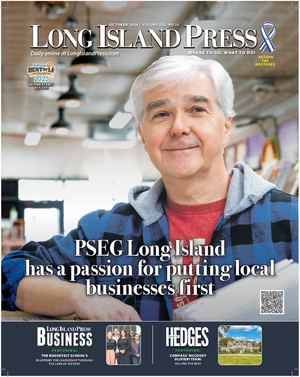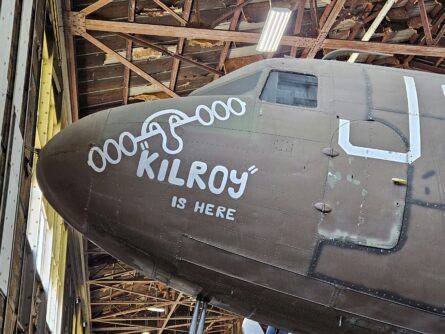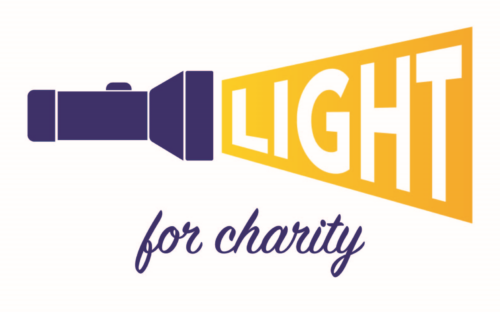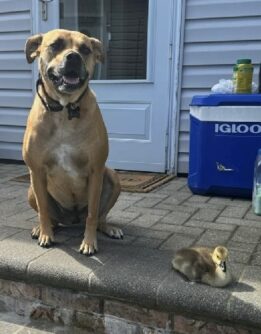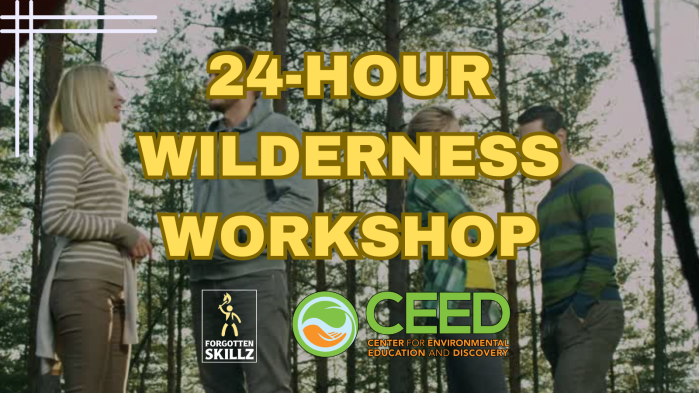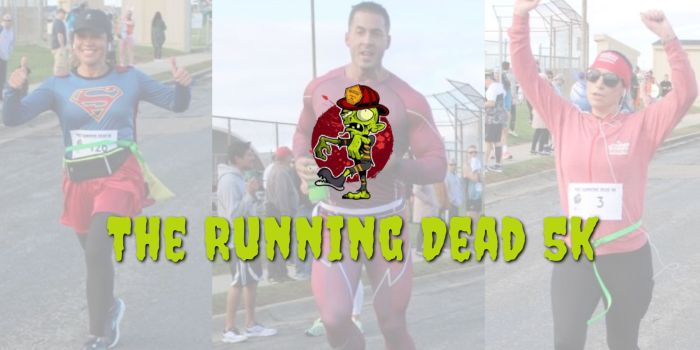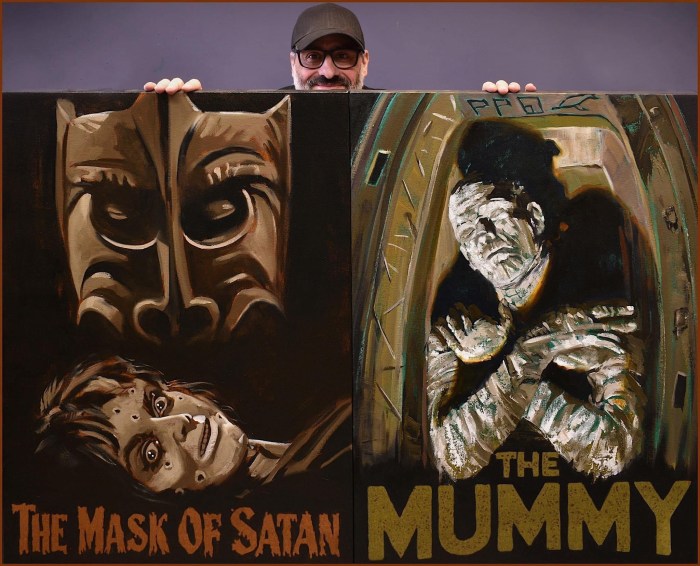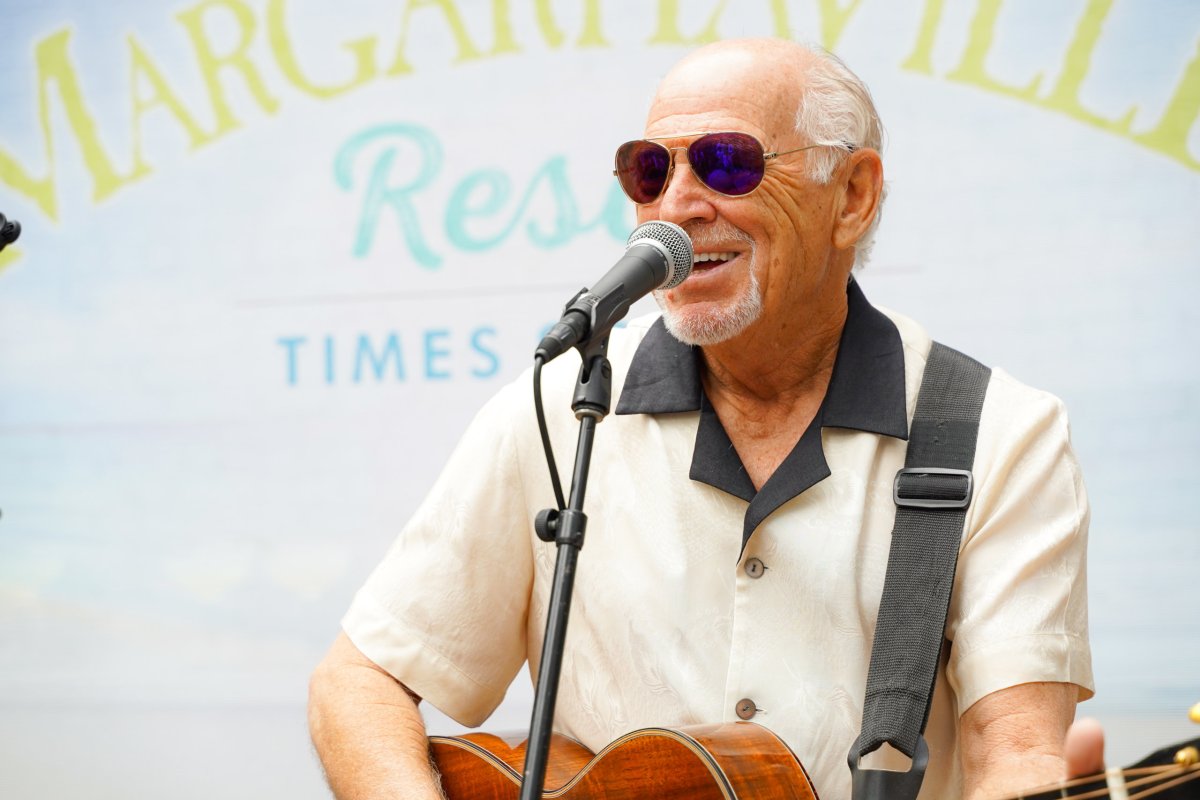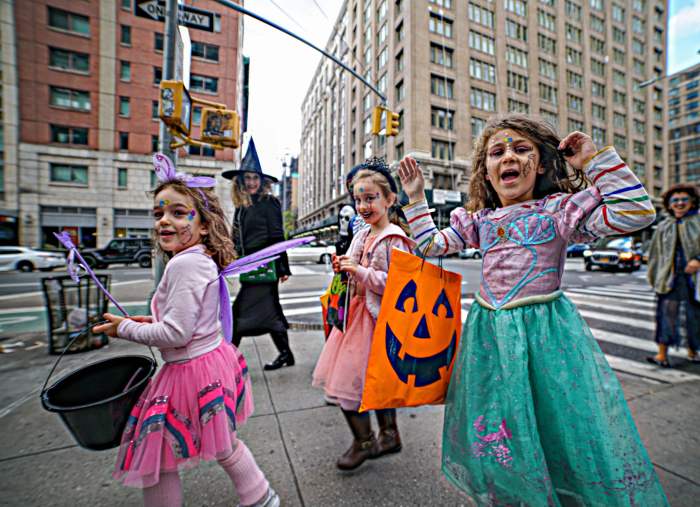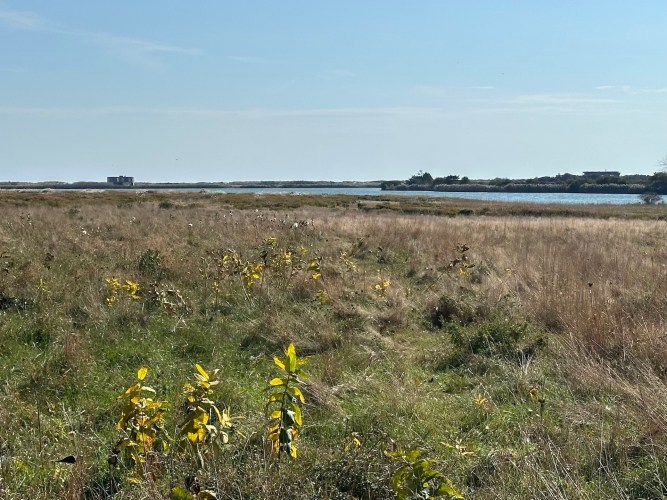
By Scott Smith
An enormous hurricane pummeled Puerto Rico and devastated much of the island on Sept. 20, 2017.
I grew up in Great Neck, but was living in New York City on 9/11—and I was struck by the similarities between that tragedy and Hurricane Maria. In both situations, I went to bed in one life and woke up in another.
When Maria’s winds died down, Puerto Rico was without electricity, Internet service and, in many parts of the island, running water. Communications were down. Things I’d taken for granted, like food, water and medical care, became luxuries that were hard to come by. Most stores were closed and the ones that weren’t only accepted cash. But, the banking system was offline and no one could get cash. It was a situation reminiscent of the Great Depression, when people with money in the bank couldn’t withdraw and spend it and the whole economy ground to a halt.
Streets that were once well lit and safe became dark and dangerous. There was looting. There were random acts of violence. Many people had to sleep with one eye open—if they got any sleep at all. The situation became so dangerous that the governor was compelled to proclaim an island-wide dusk-to-dawn curfew.
Just days after the storm, I was waiting in a long line at a grocery store, hoping that it wouldn’t run out of food and that I’d have enough cash to get what I needed for my family. And I had a revelation: this is how homeless dogs and cats live every day. They lead precarious lives. They go days without adequate food and water. They don’t get medical care. They’re in constant danger and have to be watchful to the point of paranoia.
I was living like that now. So were nearly three-million Puerto Ricans. We had become an island of strays.

I’ve always had a special connection to animals. I’ve been personally involved in a number of animal rescues. I’m a human dad to four dogs, all of whom were rescued from the streets. Sad to say, there are about half a million more where mine came from—and more than one-million stray cats. What I went through for several weeks following Hurricane Maria, they go through every day, with little hope that things will get better.
As if the tragedy of stray dogs and cats was not horrific enough before Maria hit, it became even worse afterward. Approximately 300,000 people moved away from Puerto Rico on account of the storm. Many of them were unable to take their animals with them. As Maria was bearing down on the island, a friend of mine witnessed heartbreaking scenes at the San Juan airport when families had to abandon their beloved pets. To make matters worse, the federal government banned pets who weighed more than 20 pounds from air travel. The policy was intended to free up cargo space for much-needed relief supplies, but it had the unintended effect of causing another 2,000 pets to be abandoned to the streets.
After 9/11, New Yorkers like me figured out ways around the damage and disruption. Yet there was no way around the devastation of Hurricane Maria. It dragged on and on for months—and will likely take years to completely dissipate. Right now, the extraordinary hardships that all of us on the island endured after Hurricane Maria have largely disappeared. But the pain continues for Puerto Rico’s homeless cats and dogs.
I saw a tragic example of that last winter. I got a call about a dog that had been hit by a car and badly injured. When I arrived at the scene, I found a terrified animal who was in tremendous pain and who was unable to move his hind legs. It took three hours, but we finally got him into a crate and to the Veterinaria 24/7 in Pinero.
As it turned out, this poor dog’s back legs were paralyzed. He will never walk again. Fortunately, he was adopted by a loving family in Wisconsin that is giving him the best life possible. But other dogs and cats aren’t so lucky. It’s depressingly common to see the remains of dogs and cats who’ve been hit by cars in Puerto Rico. To try to combat this problem, I began a video campaign called Drive with Compassion. It’s something—but it’s not enough.
Having lived through a catastrophic storm like Hurricane Maria has given me new insight into the lives of stray animals. I now have some firsthand knowledge of what their lives are like. And having welcomed stray dogs off the Puerto Rican streets and into my heart, I can attest to how just one person can save a life.

I encourage everyone to become the person who makes that kind of difference in a stray dog or cat’s life. There are some terrific organizations that support those of us who become that difference. I urge you all to help and support them: All Sato Rescue, The Humane Society of Puerto Rico and Alianza Pro Rescate Animales.
Remember what I learned: Hurricanes like Maria are (I hope) a once-in-a-lifetime occurrence. But, what the strays of Puerto Rico experience goes on day after day after day without end. Only people who are able and willing to step up can stop it.
Great Neck North Class of 1987 grad Scott Smith, a former trader on Wall Street, is now an editor at ConsumersAdvocate.org in Puerto Rico.
